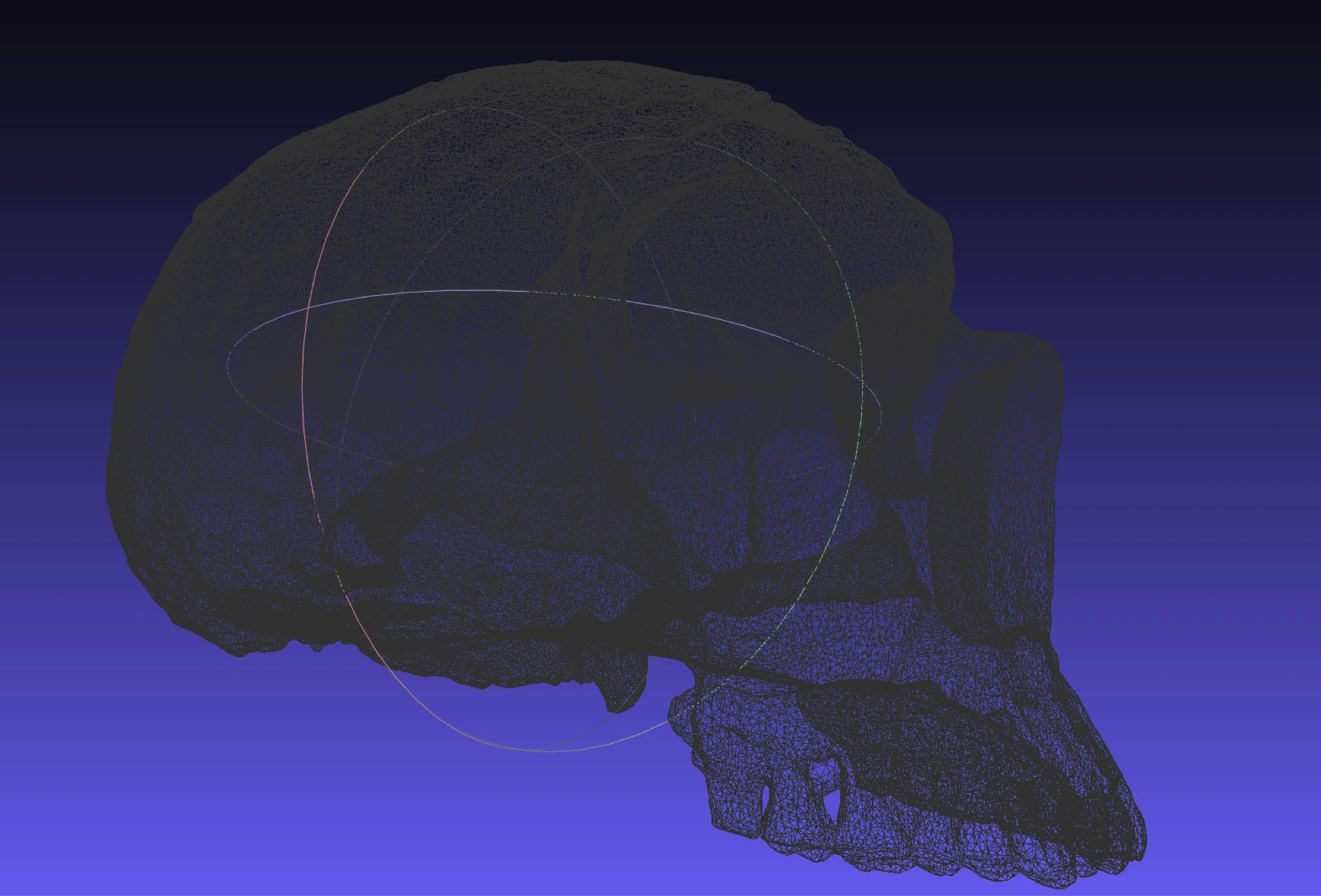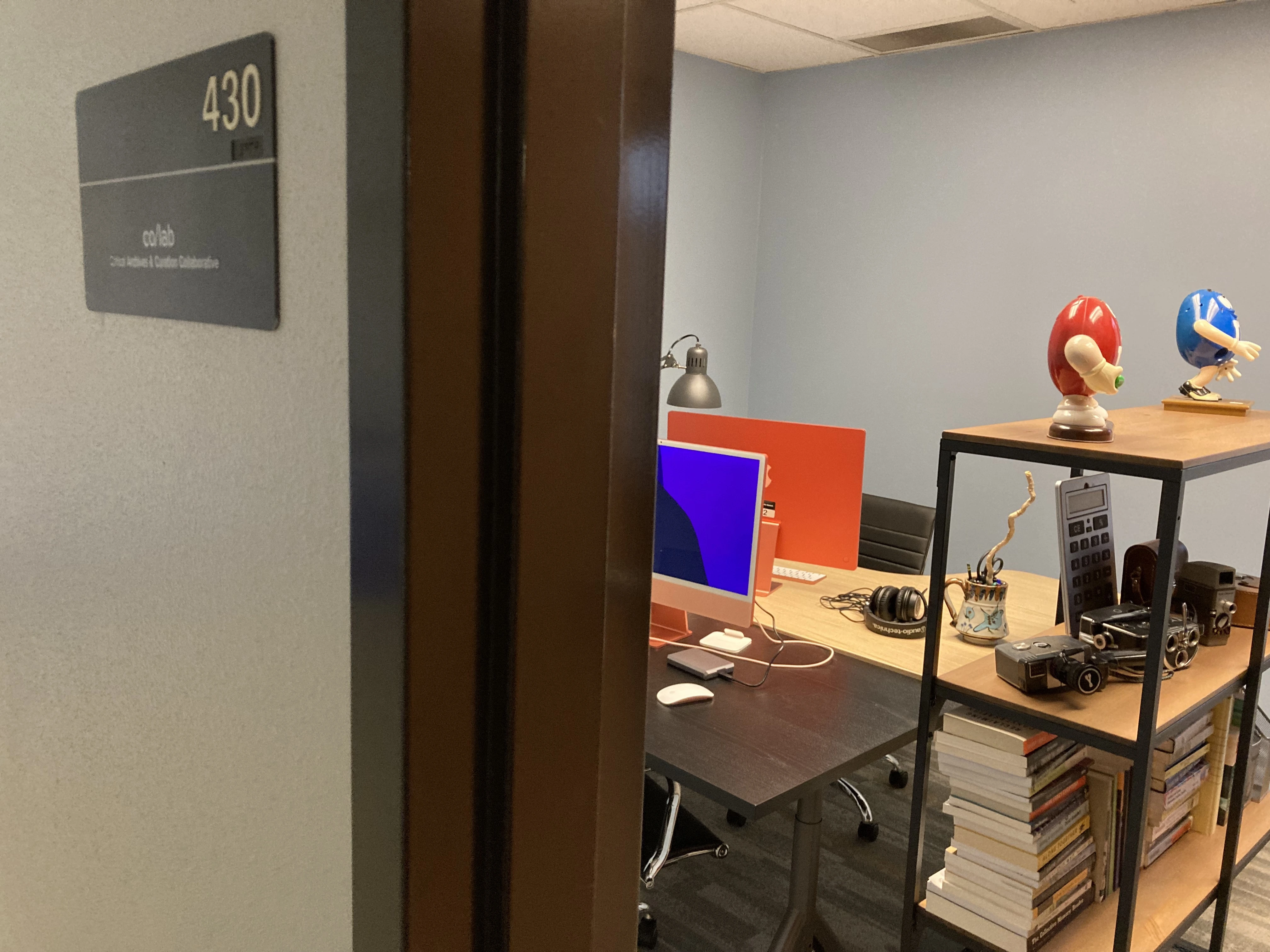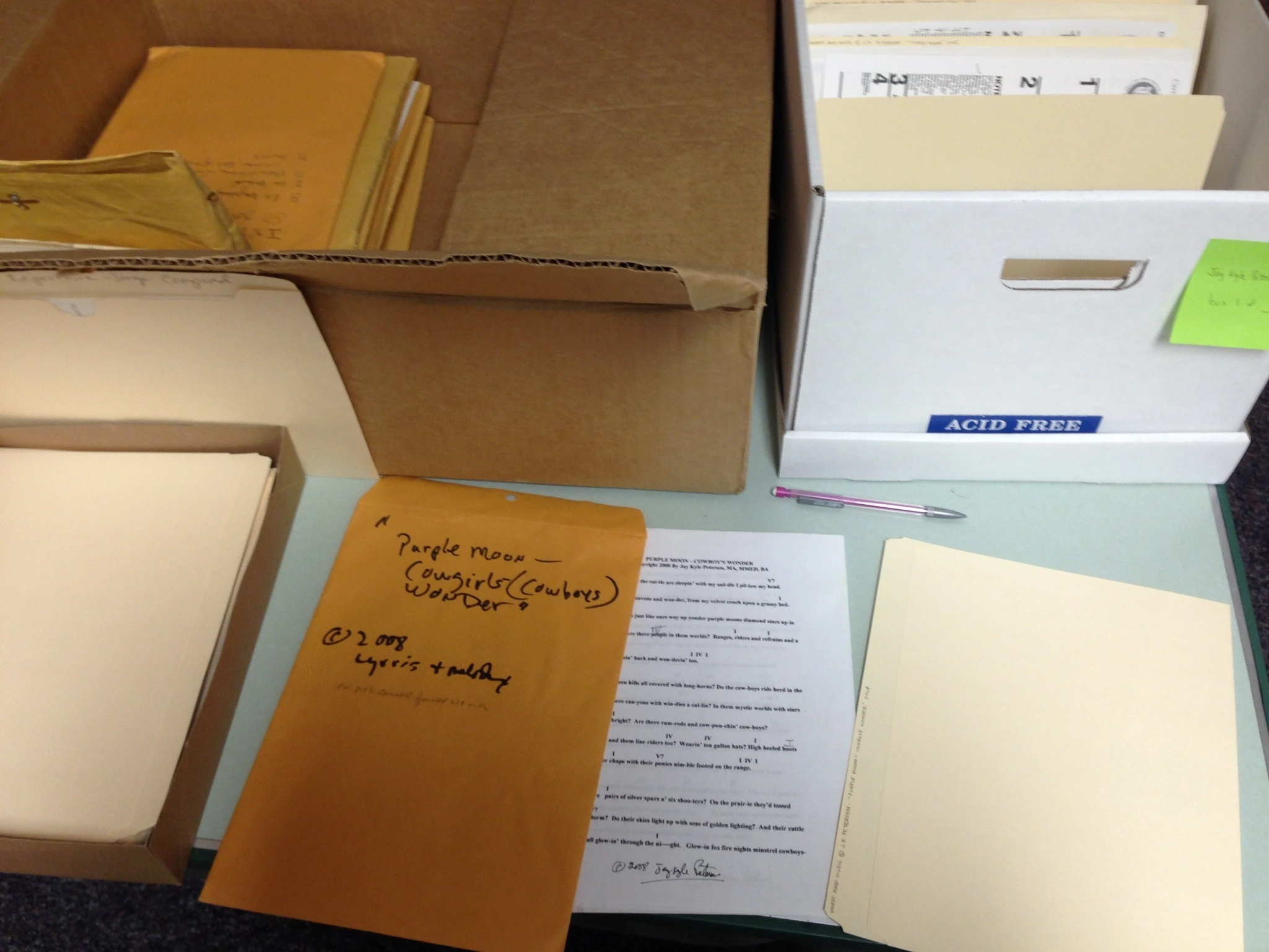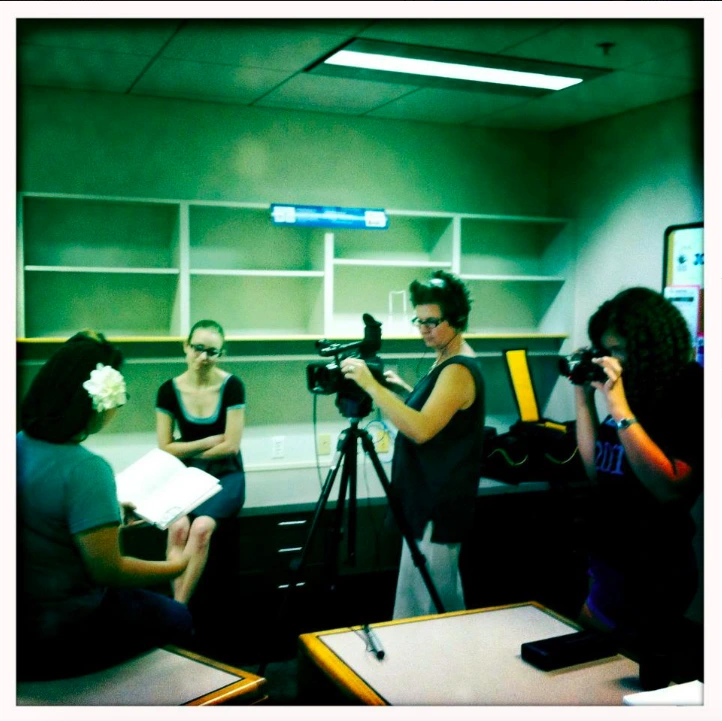The co/lab’s objective is to promote and support cutting-edge information and archival studies research that critically engages with archival contexts, cross community & institutional archives, materials, and practices, including the critical curation of collections and artifacts in digital and analog formats. The co/lab is co-directed by Professors Jamie A. Lee and Zack Lischer-Katz and is both a physical space and virtual community that provides social and technical resources for the transdisciplinary study of digital curation, archiving and archival contexts, and emerging preservation practices across the University of Arizona Campus, US-Mexico Borderlands, and throughout Southern Arizona.. The co/lab provides resources for digital storytelling, analyses of embodied archival practices and other memory and knowledge production, and engagement with the materiality of archival artifacts through analog and digital media technologies. A focus on power and the technical and epistemic labor of archival work and digital curation ground the work in the lab. The lab supports collaborations between researchers in the sciences, social sciences, arts, and humanities, enabling cross-disciplinary inquiry, seminars, and produces publications on topics related to the curation and preservation of visual and other formats of multi-sensory archival materials. By maintaining obsolete media formats and computer equipment, as well as digital forensic tools, the co/lab provides resources for conducting cutting edge digital curation research that critically engages with archival formats from the past and the present

Critical Archives
In the co/lab, the concept of Critical Archives comes from Critical Archival Studies, the sub-field in Archival Studies that radically interrogates archives and archival practices through critical and cultural theory in order to question knowledge and power, how and why it circulates and through whose hands. Deconstructionist scholars, such as Derrida and Foucault, have critically inquired into archives, the organization of knowledge, the body, and “the archive” as related to history/History, memory, and Nation-building. Transdisciplinary scholars in social sciences, humanities, and especially in information and archival studies have inquired into the power of archives and the acts of archiving to uphold structures, systems, and subjects of dominance. The work being accomplished in the co/lab interrogates and disrupts the structures that have been created to build and enforce hierarchies around race, class, gender, sexuality, and ability. Prof. Lee’s scholarly work in the co/lab extends their years of inquiry into: 1) archival theory and practice with the Arizona Queer Archives (www.arizonaqueerarchives.com) as a major hands-on site of practice and inquiry; 2) multimodal media production – from documentary film, oral histories, to digital stories – and analysis with the Digital Storytelling & Oral History Lab / The Storytelling Lab (www.thestorytellinglab.io); and 3) community-centered media productions and Digital Humanities projects that follow the principles of social media as a gesture of solidarity and a way to get the tools of media production into the hands of community folx and the training to build their expertise (secrets of the agave: a Climate Justice Storytelling Project: www.secretsoftheagave.com and Climate Alliance Mapping Project: www.climatealliancemap.org. Prof. Lee’s inquiry centers storytelling as a distinct method in critical archival praxis and analysis that connects the body to memory-making contexts and especially to non-dominant communities, their lived and living histories, and the ways that they understand the world around them.

Critical Curation
The co/lab also promotes the interdisciplinary study of digital and analog curation practices and emerging preservation techniques, particularly in terms of how they support different knowledge regimes within particular cultural, historical, and technological contexts. A focus on the social practices of digital curation as technological and epistemological labor helps to ground the work in the co/lab, in particular, considering visual forms of knowledge production, as well as other forms of complex archival formats (film, video, sound, multimedia art installations, CD-ROMs, procedural/algorithmic works, and other time-based media). Approaches from Critical Archives complement a focus on the discursive construction of preservation and curation work as cultural practices that produce new types of collections and document systems, materializing knowledge regimes through dispositifs -- artifacts, architectures, standards documents, infrastructures, and other materials that put discourse into action. The co/lab applies this critical perspective to the materiality of archival materials themselves, emphasizing the particular affordances of different archival formats and drawing on approaches from media archaeology and Science and Technology Studies that privilege engagement with information formats and their emergence through social and technological infrastructures.

Current Projects
- Curating and Preserving Volumetric Video Capture for Digital Humanities Research (led by Dr. Lischer-Katz and Dr. Bryan Carter, U of A Center for Digital Humanities and Dept. of Africana Studies)
- secrets of the agave | a Climate Justice Storytelling Project (led by Dr. Lee)
- Community-Based Archives: Considering the Power of Naming Practices (led by Dr. Lee, IMLS Early Career Grantee)

Current and Past Collaborations
- University of Arizona - Center for Digital Humanities
- Williams College, Department of Africana Studies
- Harvard Library
Grants Received by co/lab Directors
- Institute for Museum and Library Services
- Agnese Nelms Haury Program for Environment and Social Justice Faculty Fellowship
- University of Arizona Libraries - Digital Borderlands Grant sponsored by the Mellon Foundation
- National Endowment for the Humanities

